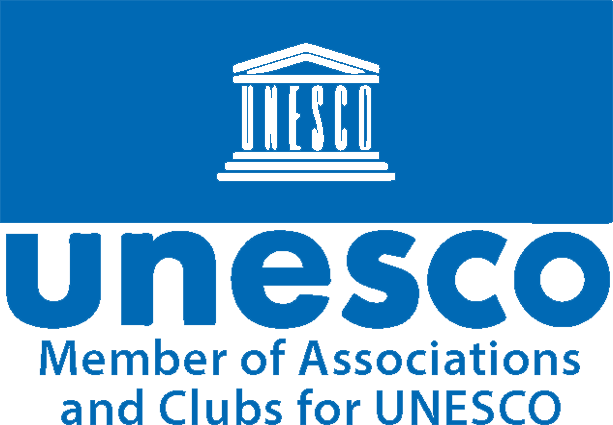UNESCO Clubs: A Key Capacity within UNESCO
One of UNESCO’s most significant capacities is its ability to engage non-governmental organizations (NGOs) as UNESCO Clubs that can collaborate with National Commissions. Many countries utilize NGOs in various fields—from environmental issues to essential educational, cultural, scientific, and training topics—to foster growth and development by establishing multiple clubs. UNESCO’s strength lies in mobilizing public capacities to create interactions between specialized skills and practical approaches. UNESCO Clubs play a crucial role in achieving national goals aligned with strategic visions and high-level policies.
As grassroots entities based on individuals’ skills, experiences, and insights, UNESCO Clubs are composed of people of all ages and backgrounds, including both individuals and organizations. They work to identify public capabilities and both national and international resources, strengthening and educating individuals to maximize their potential in the service of sustainable development.
Despite shared characteristics, these clubs can be established in diverse fields and are often tailored to the unique cultural and social needs of each country.
One example is the Cultural, Specialized, and Scientific Club, composed of active individuals from cultural and artistic groups and public service sectors.

